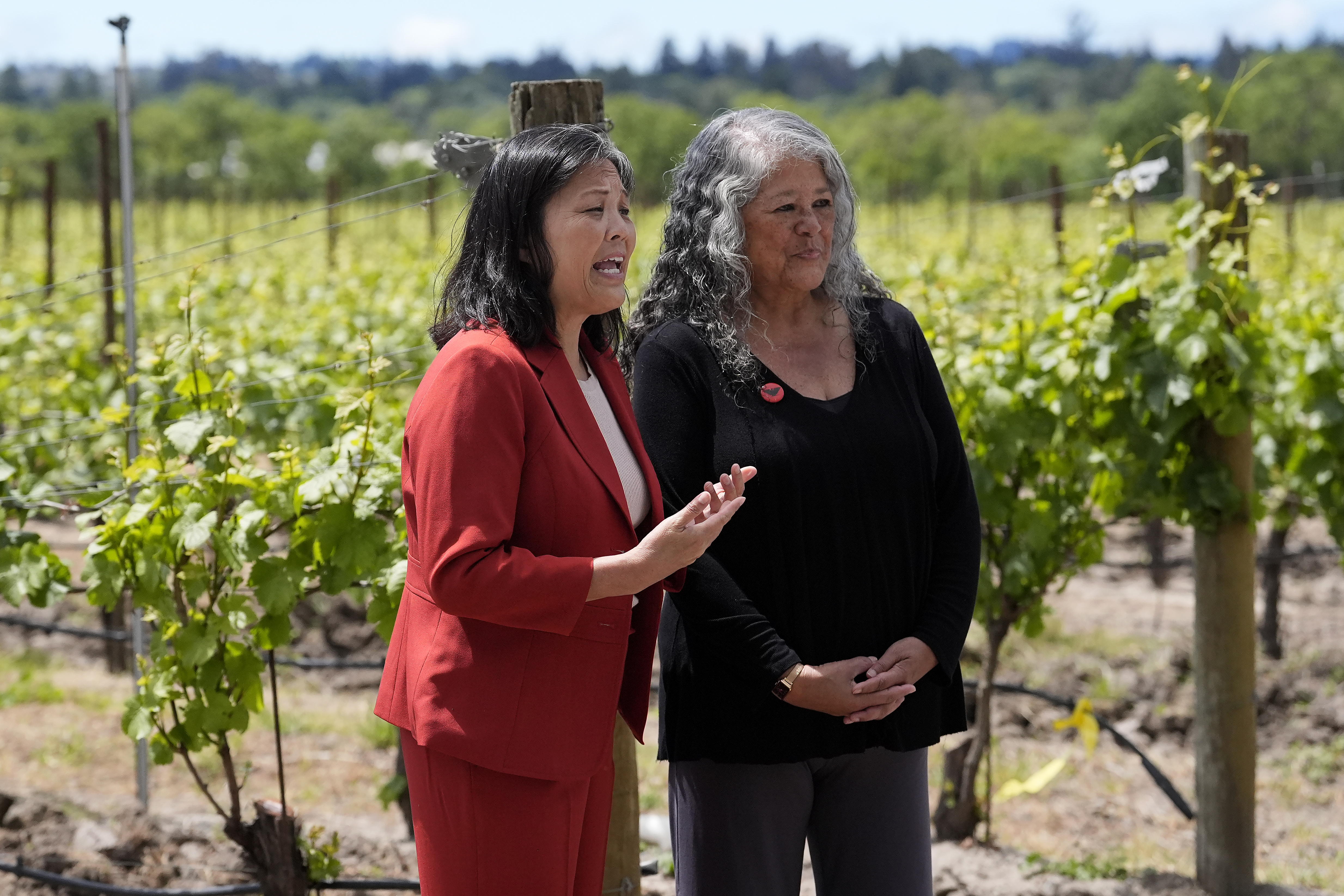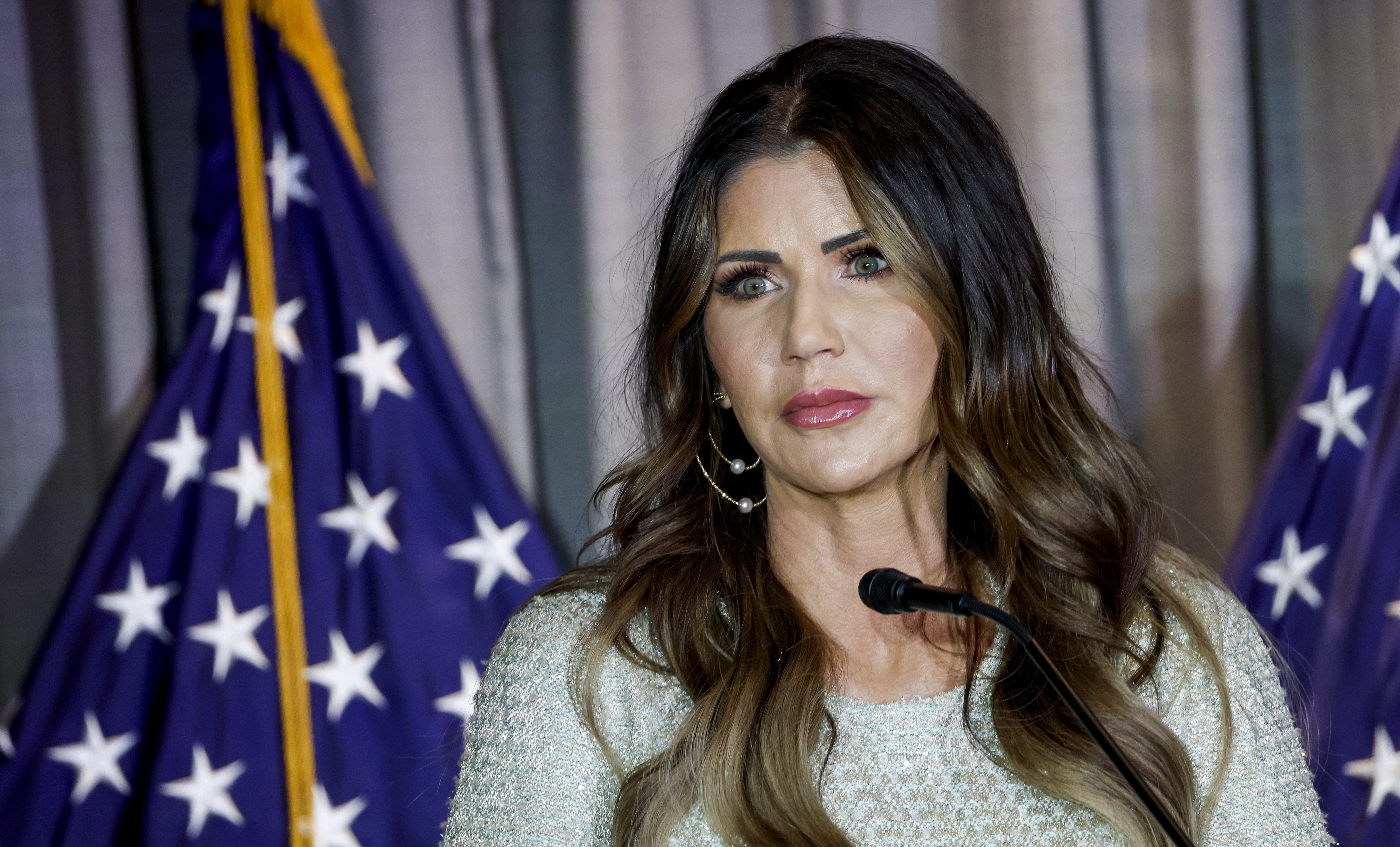TALLAHASSEE, Florida, August 3, 2008 (ENS) - Florida's wildlife will face unprecedented consequences associated with climate change, warns the Florida Fish and Wildlife Conservation Commission, FWC, a government agency that is organizing a conference in Orlando this month to find ways of protecting Florida species in a warming world.
Florida is inhabited by endangered and threatened land mammals such as bears, panthers, Key deer, mink and otters, rats and mice, voles and bats. Florida waters host manatees, and endangered humpback, fin, sperm, sei whales, and Atlantic right whales.
On August 20 through 22, experts from the FWC and other state and federal agencies will meet to discuss the predicted impacts of climate change on these and other species of Florida wildlife.
The conference, entitled Florida's Wildlife: On the Frontline of Climate Change, will highlight the climate challenges facing wildlife managers, governments, industry leaders and the public in the next 50 years.
"This summit has global significance, because the effects of climate change on places like Florida and Alaska will be a prelude to what's going to happen elsewhere in the world," said FWC Chairman Rodney Barreto.
One of the keynote speakers, Dr. Jean Brennan, a climate change scientist with Defenders of Wildlife, was a member of the U.S. delegation at international negotiations under the U.N. Framework Convention on Climate Change. She also served on the Intergovernmental Panel on Climate Change and shares the Nobel Peace Prize for 2007 for her contribution to the IPCC.
Brennan says that Florida's wildlife and habitats are in a sensitive position when it comes to the effects of climate change.
U.S. & World
"Florida is extremely vulnerable with its low elevation," Brennan said. "And it's the hardest hit with extreme weather such as hurricanes. The Arctic is seeing greater temperature changes, but the biological diversity of plants and animals in Florida forces the question: What are you losing?"
The summit will feature presentations and workshops to stimulate discussion and offer solutions to the complexities of a state growing rapidly in an environment changing just as quickly.
The Audubon Society of Florida, which is represented on the conference Program Committee, has issued a report on how climate change is affecting the state.
Sea level rise poses a serious threat to south Florida's water supply through salt water incursion. As sea levels rise, coastal and wetlands habitats are seriously altered and flooding risks increase, the Audubon report points out.
Increased hurricane and tropical storm intensity and storm surges are expected. Audubon cites a 2007 scientific and economic study by the Organization for Economic Cooperation and Development that ranked the city of Miami among the top 10 most vulnerable metropolitan areas worldwide in terms of assets exposed in a 100 year storm-related flooding event.
Floridians can expect more extreme weather patterns, including droughts and heat waves as well as algae blooms and associated impacts, including seagrass and fish die-offs.
Florida has the largest reef system in America and the third largest barrier reef in the world, which is already stressed by human pressures. "This system, rich in biological diversity, is already ongoing severe coral bleaching events, which weaken corals ability to ward off disease and cause serious mortality," the Audubon report states.
Development pressures and human water supply demands have already seriously degraded the Everglades and other wetlands systems, and the impacts of climate change add additional stress for wetland species, warns the report.
In May, the Florida Coastal and Ocean Coalition, also on the conference Program Committee, released a report recommending a series of steps to combat the effects of rising sea levels, extreme weather and declining ocean health.
"We need more than just planning, we need action today," said National Wildlife Federation senior global warming specialist Patty Glick, a co-author of the report.
The report, "Preparing for a Sea Change in Florida," is the "beginning of a long dialogue" in Florida about how to deal with global warming, said Gerald Karnas, Florida climate project director for the Environmental Defense Fund.
Conference participants will consider habitat and species management, human needs, hunting, fishing, boating, and outdoor recreation; invasive species; linking climate change initiatives with the conservation community; congressional climate change and cap and trade legislation; increasing awareness of climate change impacts and human capacity to respond; education and outreach.
Presenters and workshop participants will identify key research needs, improve awareness of impacts on wildlife, and develop ideas to optimize species conservation for integration into Florida Fish and Wildlife's comprehensive climate change strategy.
Using The Conservation Fund's Go Zero Program, the Center for Environmental Studies will calculate carbon dioxide emissions that will result from the energy use at the summit, as well as from travel and donate funds for The Conservation Fund to plant native trees in protected parks and wildlife refuges across the nation to offset those carbon emissions.
Copyright Environment News Service (ENS) 2008. All rights reserved.




